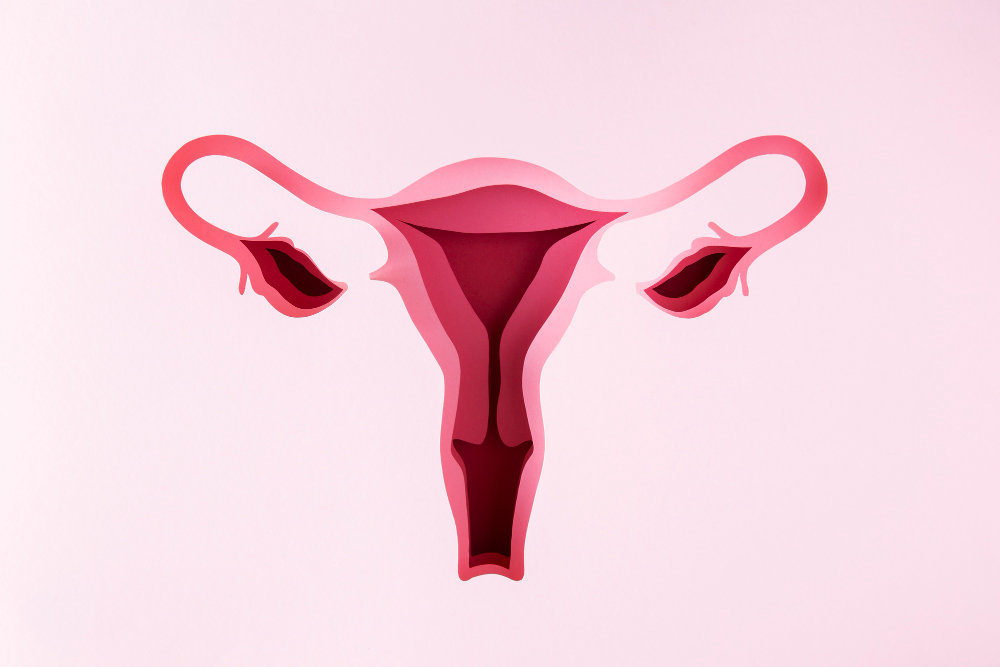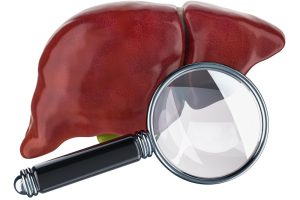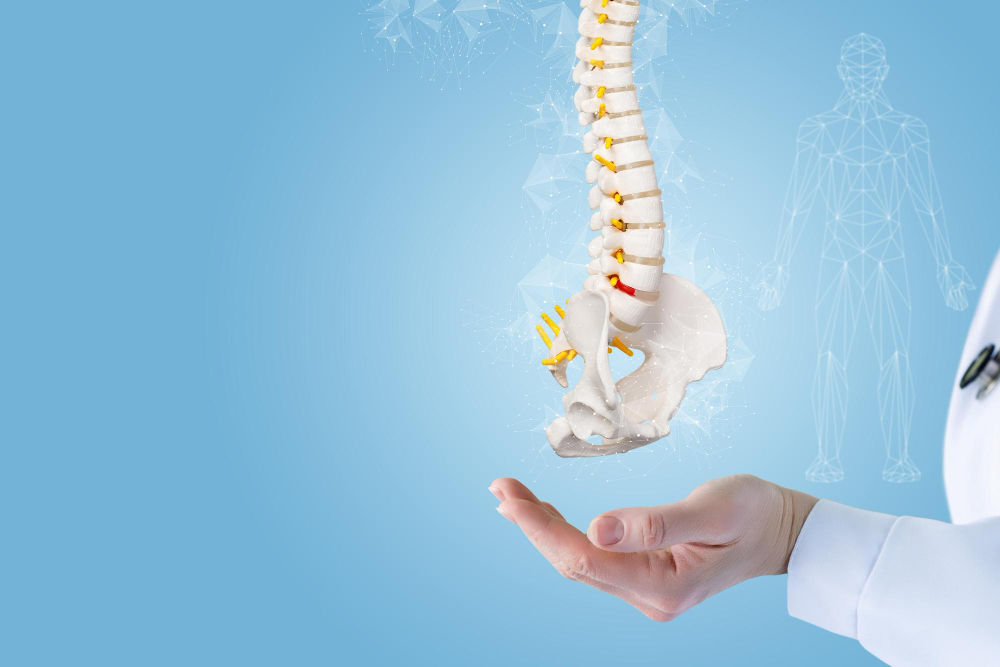Services

Thyroid
The thyroid is a small gland in the neck that regulates metabolism, energy, and growth. Thyroid disorders, like hypothyroidism and hyperthyroidism, can cause symptoms such as fatigue, weight changes, and mood swings. Proper diagnosis and treatment are essential for managing these conditions and maintaining overall health.

PCOS
Polycystic Ovary Syndrome (PCOS) is a hormonal disorder common among women of reproductive age. It can cause irregular menstrual cycles, weight gain, acne, and excessive hair growth. Managing PCOS often involves lifestyle changes, medication, and regular medical check-ups to alleviate symptoms and reduce long-term health risks.

PCOD
Polycystic Ovary Disease (PCOD) is a condition where multiple cysts form in the ovaries, leading to hormonal imbalances. Symptoms include irregular periods, weight gain, acne, and hair loss. Managing PCOD involves lifestyle changes, medication, and regular medical consultations to help control symptoms and improve overall health.

Fertility
Fertility refers to the ability to conceive & bear children. Various factors can affect fertility, including age, lifestyle, & medical conditions. For those experiencing difficulties, treatments & lifestyle changes can enhance fertility & improve the chances of conception. Regular check-ups & consultations with healthcare providers are vital for managing fertility health.

Infertility
Infertility is the inability to conceive after a year of regular, unprotected intercourse. It can affect both men and women, caused by various factors including age, health conditions, and lifestyle. Treatments and assisted reproductive technologies can help many achieve pregnancy. Early diagnosis and medical support are crucial for effective management.

Fatty Liver
Fatty liver disease occurs when excess fat builds up in the liver, often due to obesity, diabetes, or alcohol use. It can lead to liver inflammation and damage over time. Symptoms are often absent, but fatigue and abdominal discomfort can occur. Lifestyle changes, such as a healthy diet and regular exercise, are key to managing and reversing fatty liver disease.

Pre and Post Pregnancy
Pre-pregnancy care involves optimizing health for conception, including nutrition, supplements, and medical check-ups. Post-pregnancy care focuses on recovery, breastfeeding support, and managing physical and emotional changes after childbirth. Both stages are crucial for the health of the mother and baby, requiring regular consultations and a balanced lifestyle.

Lactating
Lactating refers to the production of breast milk following childbirth. Proper nutrition and hydration are essential for maintaining milk supply and supporting the baby’s growth and development. Breastfeeding offers numerous health benefits for both mother and child, and regular lactation consultations can help address any challenges that arise.

Parkinson
Parkinson’s disease is a progressive neurological disorder affecting movement. Symptoms include tremors, stiffness, and difficulty with balance and coordination. While there’s no cure, medications and therapies can manage symptoms and improve quality of life. Early diagnosis and a comprehensive treatment plan are crucial for managing Parkinson’s effectively.

Spine
Spine health is vital for overall mobility and function. Conditions like herniated discs, spinal stenosis, and scoliosis can cause pain and limit movement. Treatment options range from physical therapy to surgery, depending on severity. Maintaining good posture, regular exercise, and seeking early medical advice are key to spine health and preventing complications.

Ortho
Ortho, short for orthopedics, focuses on treating musculoskeletal conditions affecting bones, joints, muscles, ligaments, and tendons. Common orthopedic issues include fractures, arthritis, sports injuries, and back pain. Treatment may involve physical therapy, medications, or surgery, tailored to individual needs. Early diagnosis and prompt intervention are crucial for optimal orthopedic health and function.

Skin

IBS
Irritable Bowel Syndrome (IBS) is a gastrointestinal disorder characterized by abdominal pain, bloating, and changes in bowel habits. Triggers include stress, certain foods, and hormonal changes. Treatment focuses on managing symptoms through dietary changes, stress management, and medications. A personalized approach tailored to individual needs is essential for effectively managing IBS and improving quality of life.

Cataract
Cataracts are a common eye condition characterized by clouding of the lens, leading to blurry vision and difficulty seeing clearly. Age, UV exposure, and certain medications can increase the risk. Treatment involves surgery to remove the cloudy lens and replace it with an artificial one, restoring vision. Regular eye exams are crucial for early detection and management of cataracts.

Retina
The retina is a vital part of the eye responsible for processing light and sending visual signals to the brain. Conditions affecting the retina, such as macular degeneration, diabetic retinopathy, and retinal detachment, can cause vision loss or blindness if left untreated. Treatment options range from medications and laser therapy to surgical interventions, depending on the specific condition.